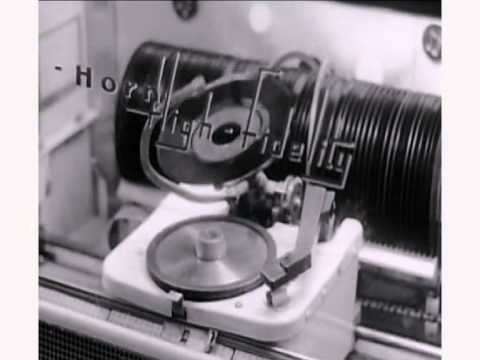
Today in NYC, poet and Dar al-Ma’mûn co-director Omar Berrada will give a talk about Ahmed Bouanani (1938-2011), author behind the cult classic L’hôpital and groundbreaking film Mirage. Despite his acclaim, much of the polymath author-artist’s work is only now being organized for publication:

In Bouanani’s lifetime, Berrada said in an email interview this week, he published four books: three poetry collections and the novella L’hôpital (1980). Also interested in film, Bouanini released one feature film, Mirage, and four shorts.
Yet this is only the tip of the artist-author’s ouevre.
What he left behind “is not a collection of notebooks,” Berrada said, “but several dozen *finished* manuscripts (i.e. written, re-written, proofread, sometimes typed, dated, etc.).” These were not just prose or poetry, but a wide array of genres: poetry, fiction, plays, film scripts, essays, history books, as well as drawings and graphic novels.
As to why Bouanani didn’t publish these works, Berrada acknowledged that Bouanani had no love of the limelight. But that, Berrada said, doesn’t tell the whole story. “[W]hen you read his work, it was obviously not only written just for himself. We know he was badly censored as a filmmaker, never given state grants, etc. Perhaps he felt he couldn’t publish without making compromises, and he was not ready for compromises.”

One of the reasons L’hôpital continues to fascinate, Berrada said, is it asks the post-colonial question “Are we [Moroccans] a people?” The book builds an answer to this question over the course of its slim hundred pages.
It is set in a hospital (for people sick with tuberculosis), an enclosed space in which patients are abandoned by a failed infrastructure, and from which nobody exits. It is partly autobiographical, as Bouanani spent 6 months in such a hospital in 1967/68. It is the story of a double itinerary/travel for the writer-narrator: 1/ a travel through time, via memories of childhood, which are the only escape from the confines of the hospital. 2/ a ‘travel’ toward the other patients/inmates, who constitute the other characters in the story and who are mostly illiterate, marginalised individuals, working class singularities. Even though the book is in French, somehow you can almost hear regional accents and social variations. The hospital is a microcosm of Morocco, and the book stages a reconciliation of literature/the writer with the people.
Bouanani, Berrada says, spent a lot of his life documenting Moroccan oral poetry, crafts, ceremonies, popular myths and beliefs. “He didn’t see them as fixed folklore or museum material, but rather as as locus where collective memory is embodied, preserved, and constantly renewed.”
For Anglophone readers, L’hôpital will come out in English next year from New Directions. For those in Morocco, Bouanani will be also be a focus of this year’s Biennale de Marrakech, opening February 24.
If you’re in NYC:
Hear Berrada talk Bouanani at 7 p.m.: “In this talk [Berrada] will attempt to argue for the relevance of Bouanani’s work in rethinking North African literary and cinematographic modernism and its links to oral traditions and popular culture. ”
Get to know Bouanani’s work:

Be the first to comment